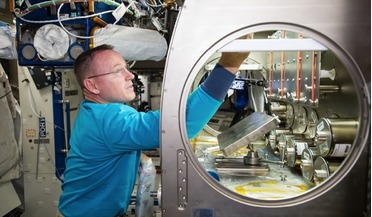 January 2017
Mini space station for mice to study effects of reproduction in reduced gravity
January 2017
Mini space station for mice to study effects of reproduction in reduced gravity
... vehicle health management to achieve Mars missions. Astronaut Nicole Stott, Expedition 20/21 flight engineer, working with the Mice Drawer System (MDS) in the Kibo laboratory of the International Space Station. A study was conducted at NASA Langley...
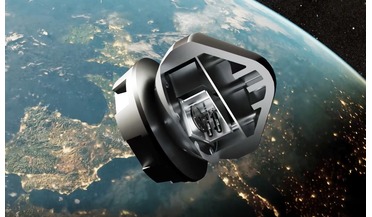 28 September 2022
Firms pioneer embryo conception mission for ‘space mice'
28 September 2022
Firms pioneer embryo conception mission for ‘space mice'
... in a laboratory back on Earth. Using SpaceBorn’s new ‘Space-Embryo-Incubator’ flying in low Earth orbit (LEO), several mice will become the first animals in history to be conceived and born in this way. A Memorandum of Agreement (MOA) was...
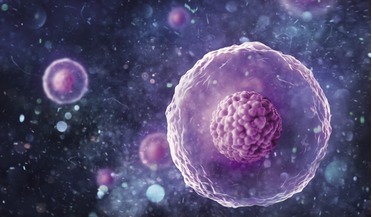 August 2021
Space research in embryology
August 2021
Space research in embryology
... Station (part of the SpaceX-10 mission of February 2017) elucidated molecular changes in the reproductive system tissues of male mice residing in space for 21-24 days. Along with that, sampling the tissues under microgravity conditions onboard the...
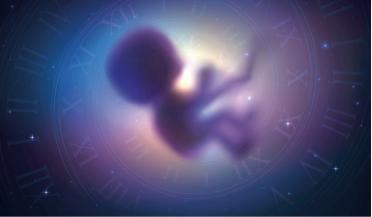 April 2025
A bun in the (space) oven - Reasons not to get pregnant while going around Earth at 7.8 kilometres per second
April 2025
A bun in the (space) oven - Reasons not to get pregnant while going around Earth at 7.8 kilometres per second
... that hold up a house. Experiments involving creatures like tadpoles, salamanders, geckos, newts, quail (eggs), rats, and mice have found results like increased rates of abnormality, unusual swimming patterns, unusually large heads, unusually long...
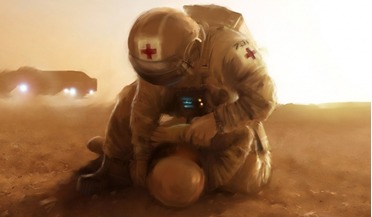 August 2017
Planning for health, sex and sleep on a future Mars colony
August 2017
Planning for health, sex and sleep on a future Mars colony
... as amifostine or antioxidants in general, can serve as direct countermeasures, although they may have side effects. Research on mice has suggested that a class of drugs called bisphosphonates may be used to address bone loss caused by radiation and...
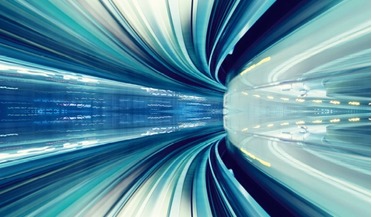 February 2019
The challenge of procreation for future off-world settlers
February 2019
The challenge of procreation for future off-world settlers
... in low gravity and animal models are difficult to correlate with humans. However, there have been studies of mice spermatozoa kept in space for up to 24 months and then used on Earth to fertilise eggs, and a study of jellyfish bred...